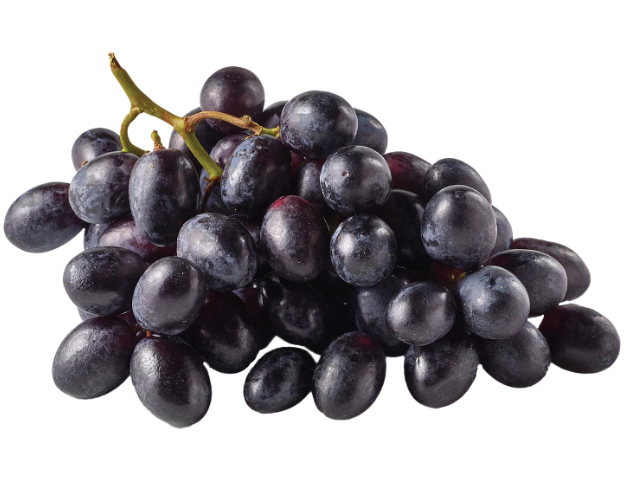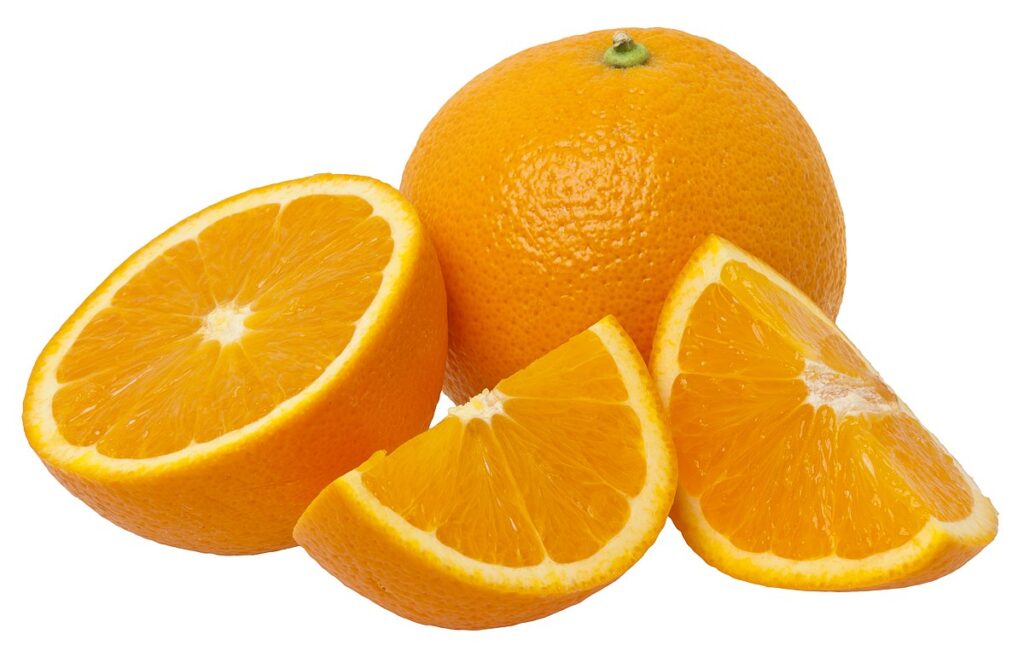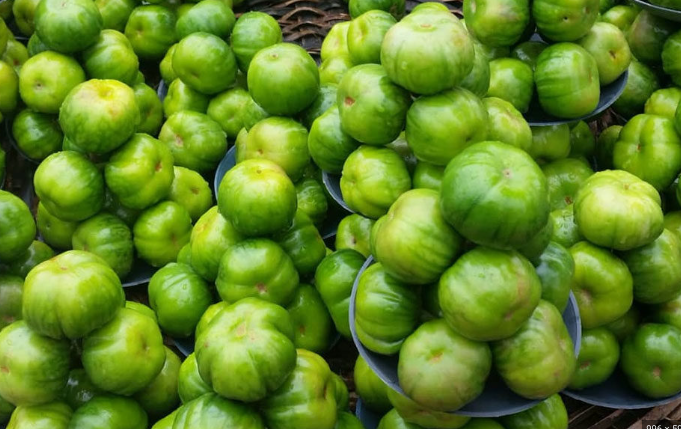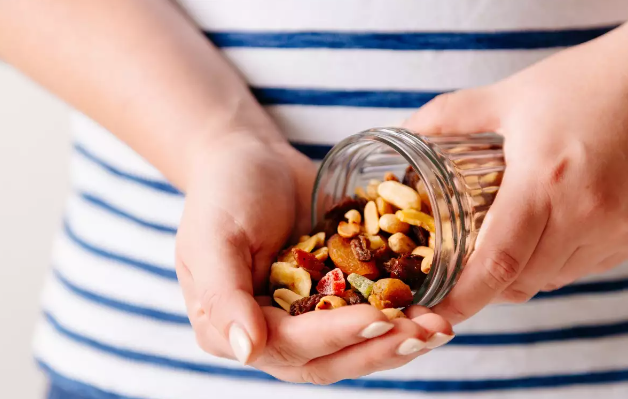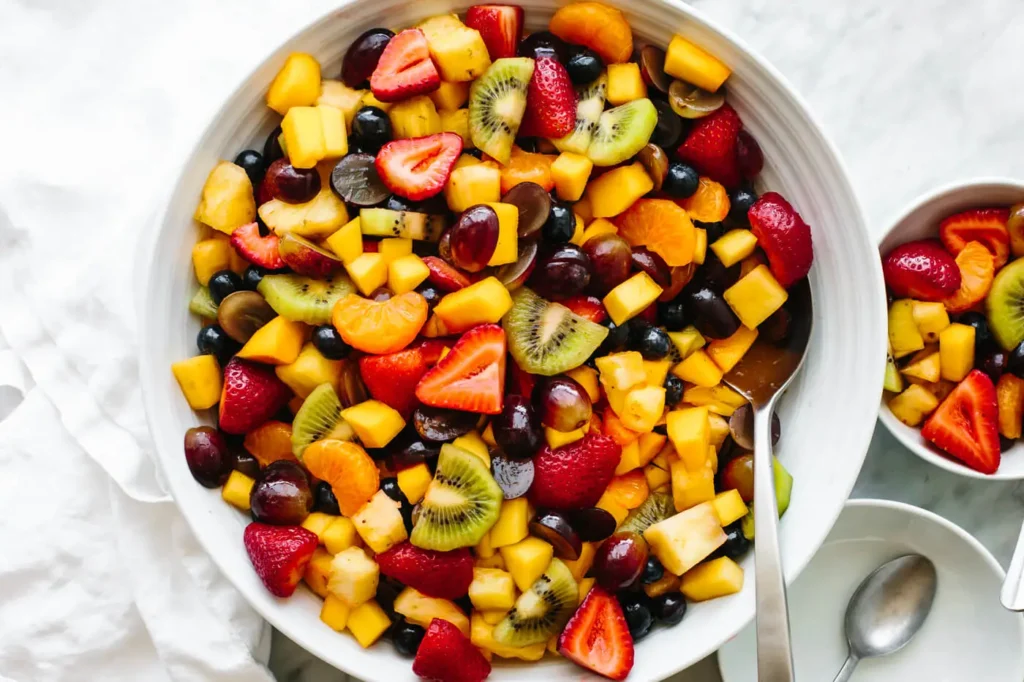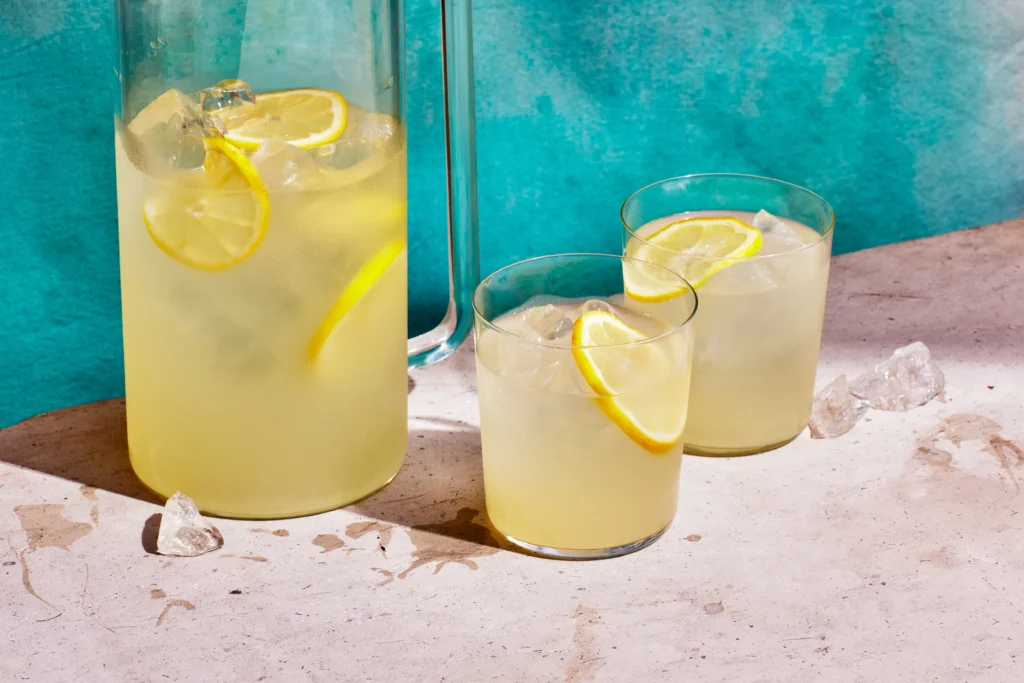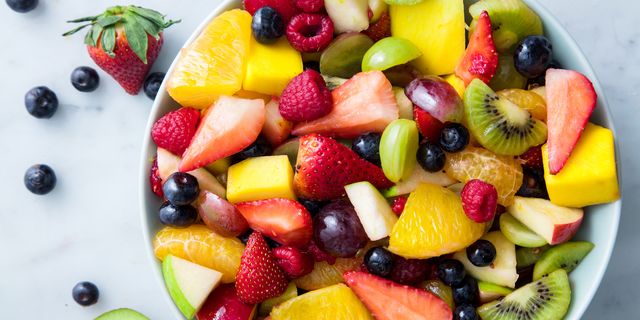A lot of people enjoy eating frozen bananas as a snack. But, many wonder if they are good for their health. We often hear the question: are frozen bananas actually good for you? Let’s dig deep to understand the good things that come from eating frozen bananas and if they are a smart choice for a healthy diet.
Since fruits are one of the top healthy food choices, it’s normal to question whether frozen bananas have any special benefits over fresh ones. So, what’s the real story behind these cold snacks?
When it comes to the numbers, frozen bananas offer the same good stuff as fresh ones. They have the same calories, sugar, and even fiber. When you freeze them, they turn soft, which is perfect for making things like smoothies or shakes. You can also eat them by themselves or with other yummy fruits such as strawberries or blueberries.
Table of Contents
- What Exactly Are Frozen Bananas?
- The Nutrition in Frozen Bananas
- Comparing Fresh and Frozen Bananas Nutritionally
- The Health Perks of Frozen Bananas
- Things to Think About with Frozen Bananas
- Fun Ways to Use Frozen Bananas
- So, Are Frozen Bananas Good for You?
- FAQs
- Is it good to eat frozen bananas?
- Why are frozen bananas better?
- Do frozen bananas have more sugar?
- Does freezing bananas ruin them?
- Why do people freeze bananas?
- Is it OK to freeze fresh bananas?
- Should frozen bananas be peeled or unpeeled?
What Exactly Are Frozen Bananas?
Frozen bananas are tasty, healthy, and super easy for snacking. To make them, you simply peel, cut, and freeze fresh bananas. Freezing bananas is also a clever way to use up bananas that are getting too ripe instead of throwing them away. Once in the freezer, they will last for quite a few months.
The Nutrition in Frozen Bananas
Frozen bananas are not just tasty, but they also come with lots of nutrients and not too many calories. Here’s what you’ll find in 100 grams of frozen bananas:
- Calories: 89
- Carbohydrates: 23 grams
- Fiber: 2.6 grams
- Protein: 1.1 grams
- Fat: 0.3 grams
- Vitamin C: 8.7 mg
- Vitamin B6: 0.4 mg
- Potassium: 358 mg
- Magnesium: 27 mg
- Manganese: 0.3 mg
These nutrients are important for a strong immune system and keeping your body healthy, protecting against illness. Frozen bananas are pretty low in calories but high in good stuff like fiber, potassium, vitamins C and B6, and manganese.
They also have things called antioxidants, such as dopamine, catechins, and epicatechins that help protect your body from harmful things called free radicals. This helps stop your cells from getting damaged and keeps you healthy.
Keep in mind, the health value of a frozen banana can change based on how ripe the banana was when you froze it and if you add anything like sugar. It’s best to enjoy frozen bananas without adding unhealthy extras and just in the right amount.
Comparing Fresh and Frozen Bananas Nutritionally
Fresh and frozen bananas both have loads of great nutrients. There might be slight differences though.
Frozen bananas usually have a bit more nutrients concentrated in them because some water is taken out when they’re frozen. So fresh bananas might have more water, but frozen bananas have a denser nutrient profile.
Also, ripe bananas have more antioxidants and natural sugar, and when you freeze them, these sugars get more concentrated. This can make the sugar stand out a bit more. Even then, frozen bananas are still seen as having a low glycemic index, which means they’re still a good option.
No matter if they’re fresh or frozen, bananas are super nutritious and a great part of a healthy eating plan.
The Health Perks of Frozen Bananas
Frozen bananas not only taste great, but they’re also good for you in many ways.
Here are some top benefits of eating frozen bananas:
- Packed with Good Stuff: They have a bunch of important nutrients, which help you stay healthy, build a strong defense against sickness, and lessen the chances of getting diseases.
- Help Your Digestion: The fiber in frozen bananas is awesome for your digestion. It can keep constipation away, lower the risk of stomach problems, and keep you feeling good.
- Energy Boost: They’re full of carbs, which give you energy quickly. This is super handy if you’re active or don’t have much time to eat.
- Heart-Friendly: They come with lots of potassium, which is key for keeping your heart healthy and your blood pressure normal.
- Weight Loss Friendly: Because they don’t have many calories and are full of fiber, they can help you feel full, so you eat less of the stuff that’s not so good for you.
- Antioxidants: They have antioxidants, which save your cells from damage and keep you feeling good in the long run.
- Mood Enhancer: Lastly, frozen bananas can also lift your mood, thanks to tryptophan, a type of protein that your body uses to make serotonin, the “feel-good” brain chemical.
- Tryptophan amino acid is found in bananas, and it’s good for boosting your mood and helping you relax after a stressful day.
Eating frozen bananas can be really good for your health. They are not only full of important nutrients, but they have lots of other health benefits, too. They can help prevent diseases that last a long time, give you more energy, and they might even help you lose weight.
Things to Think About with Frozen Bananas
When you eat frozen bananas, here are some things you should keep in mind:
- Lots of sugar – Frozen bananas have sugar in them naturally. Eating too much sugar isn’t good, so try to eat them in small amounts and don’t add extra sweet stuff or toppings.
- Freezer burn risk – If you don’t store frozen bananas the right way, they can get freezer burn, which changes how they taste and feel. To stop this, keep them in a container or bag that’s sealed tight and meant for the freezer.
- Not all nutrients – Even though frozen bananas have a lot of good stuff in them, you’ll still need to eat other fruits and veggies to make sure you’re getting everything your body needs.
- Allergies – Some people might be allergic to bananas, so it’s important to be careful if you or someone else might have an allergy.
- Teeth health – The natural sugars in frozen bananas can stick to your teeth. Brushing or rinsing your mouth after eating them is a good idea.
Frozen bananas are usually a healthy choice. Just make sure to eat them the right way, store them properly, and be aware of any allergies or tooth health issues.
Fun Ways to Use Frozen Bananas
There are a bunch of cool ways to enjoy frozen bananas. They make a healthy and yummy addition to what you eat. Here’s how you can use them:
- Frozen Banana Bites: Cut up bananas into small pieces, freeze them, and then you have a quick and tasty snack.
- Smoothies: Make a smoothie using frozen bananas, your favorite fruits, milk, or yogurt.
- Banana Ice Cream: You can blend frozen bananas until they’re smooth to make a healthy alternative to ice cream.
- Banana Bread: If you like, you can use frozen bananas in place of fresh ones in banana bread. They’re softer and might add more sweetness.
- Toppings: To add something special to your yogurt, oatmeal, or pancakes, try using slices of frozen banana.
- Chocolate Dipped: If you want something sweet, try dipping frozen banana pieces in melted dark chocolate.
Frozen bananas are super versatile and can make meals or snacks even better!
So, Are Frozen Bananas Good for You?
Yes, frozen bananas are definitely good for you. They are packed with nutrients that your body needs, like potassium, fiber, and vitamin C. Plus, they don’t have many calories, which can help if you’re trying to lose weight or keep your digestive system happy.
Even though there are some things to watch out for with frozen bananas, like how much sugar they have or if they might get freezer burn, these are small issues. Just eat them in moderation and store them the right way.
